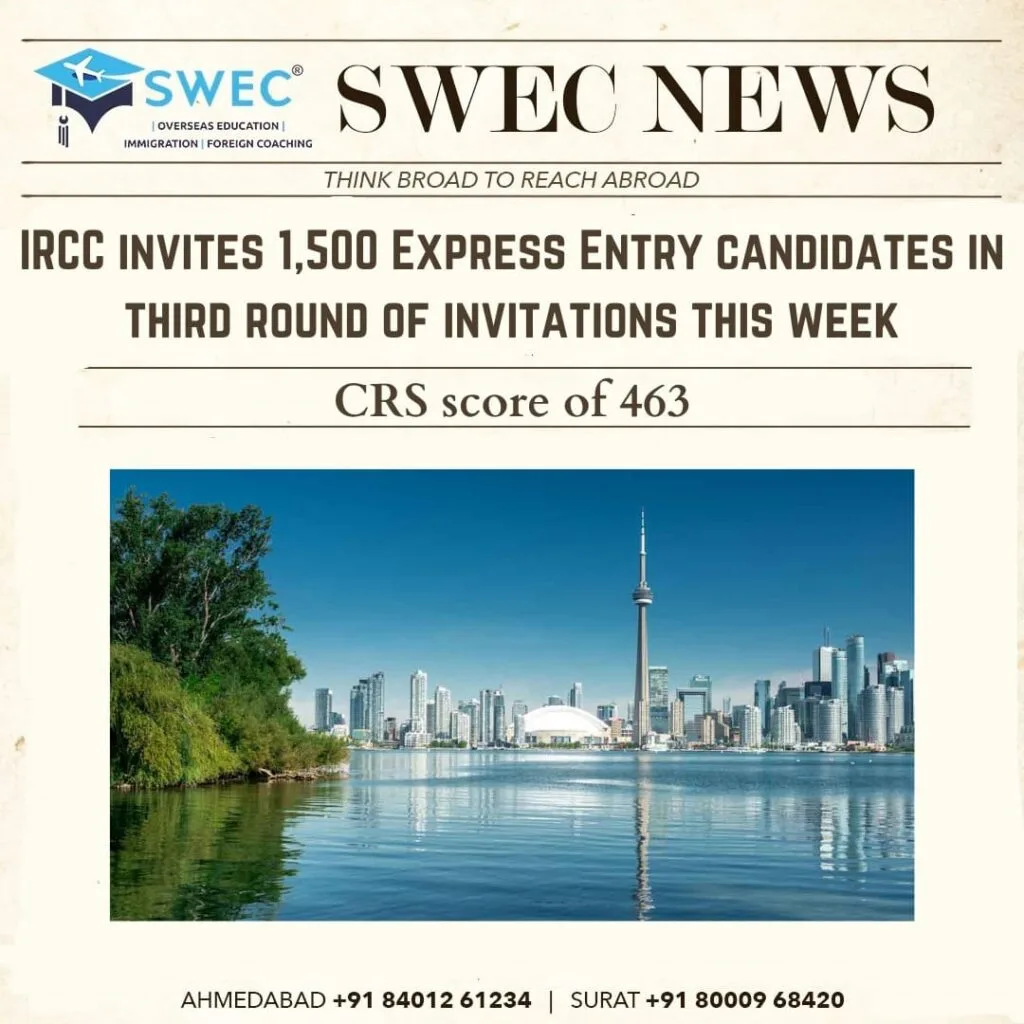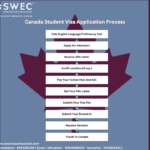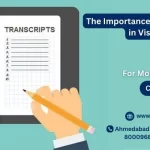
IRCC has invited Express Entry candidates for the third day in a row. Today, invitations were issued to candidates who are eligible for category-based selection in healthcare occupations. In total, 1,500 candidates were invited. Candidates are required a minimum CRS score of 463. This is the lowest CRS score of any Express Entry round of invitations issued in 2023.
This is a developing story. CIC News will continue to update it as IRCC releases additional Express Entry results today.
The healthcare category draw was expected as last week IRCC confirmed it would have a round of invitations this week for 1,500 healthcare workers. This followed the first-ever category-based draw on June 28 in which 500 healthcare workers with a minimum CRS of 476 received ITAs.
Today’s draws follow the first-ever invitations issued to candidates in science, technology, engineering and mathematics (STEM) professions on July 5. In yesterday’s round of invitations, 500 STEM candidates with a minimum CRS score of 486 received ITAs.
Immigration, Refugees and Citizenship Canada (IRCC) also invited 700 candidates in an all-program draw with a minimum CRS score of 511 in a surprise all-program draw on July 4. In an all-program draw, Express Entry considers candidates in the Federal Skilled Worker Program, the Canadian Experience Class, and the Federal Skilled Trades Program.
Healthcare occupations for category-based selection
Among the six new categories, healthcare occupations make up the largest number of eligible occupations with 35 in total:
- Audiologists and speech-language pathologists
- Chiropractors
- Dentists
- Dieticians and nutritionists
- Education counsellors
- General practitioners and family physicians
- Instructors of persons with disabilities
- Kinesiologists and other professional occupations in therapy and assessment
- Licensed practical nurses
- Massage therapists
- Medical laboratory assistants and related technical occupations
- Medical laboratory technologists
- Medical radiation technologists
- Medical sonographers
- Nurse aides, orderlies and patient service associates
- Nurse practitioners
- Nursing coordinators and supervisors
- Occupational therapists
- Optometrists
- Other assisting occupations in support of health services
- Other practitioners of natural healing
- Other professional occupations in health diagnosing and treating
- Other technical occupations in therapy and assessment
- Paramedical occupations
- Pharmacy technical assistants and pharmacy assistants
- Physician assistants, midwives, and allied health professionals
- Physiotherapists
- Psychologists
- Registered nurses and registered psychiatric nurses
- Respiratory therapists, clinical perfusionists, and cardiopulmonary technologists
- Specialists in clinical and laboratory medicine
- Specialists in surgery
- Therapists in counseling and related specialized therapies
- Traditional Chinese medicine practitioners and acupuncturists
- Veterinarians
In Canada, immigrants make up 23% of registered nurses, 36% of registered physicians, and 54% of dental technologists. Canada relies on immigration to fill urgent gaps in the labor force.
The most recent job vacancy data from Statistics Canada shows that there were 153,000 vacant positions in health care and social assistance in April 2023. This is the highest level of vacancies across all employment sectors.
Category-based selection draws
On May 31, Sean Fraser, Canada’s Minister of Immigration, announced that new categories had been finalized for new category-based selection Express Entry draws.
The announcement was expected following a change to the Immigration and Refugee Protection Act in June 2022. The change gives Canada’s immigration minister the authority to select economic immigration candidates who have key attributes that align with Canada’s economic priorities or the minister’s mandate to promote the French language outside of Quebec.
The new categories are as follows:
- Healthcare
- Science, technology, engineering, and mathematics (STEM) professions
- Trades, such as carpenters, plumbers, and contractors
- Transport
- Agriculture and agri-food
- Strong French-language proficiency
The categories were chosen based on labor market projections and discussions with IRCC partners and stakeholders as well as with provincial and territorial governments.




